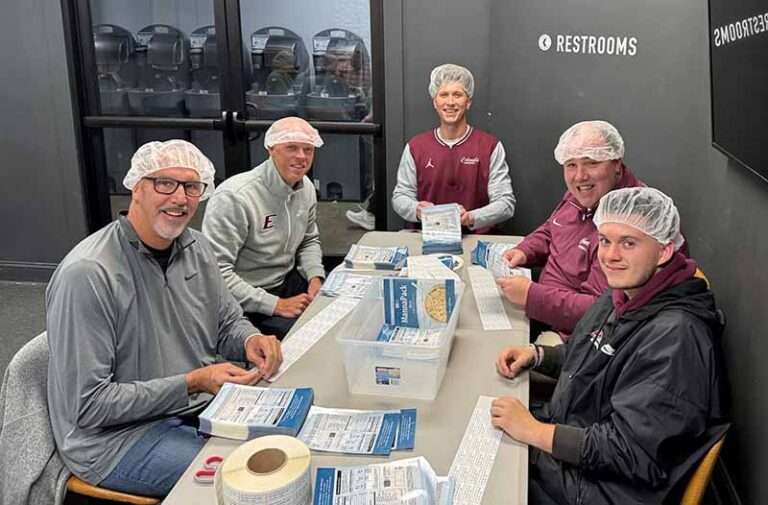
By Tom Latek
Kentucky Today
While there has been little change during the past seven days, drought conditions have worsened in Kentucky compared to two weeks ago due to a continued lack of widespread rain, according to the weekly U.S. Drought Monitor that was issued on Thursday morning.
The December 28 report shows 13.01% of the state with no drought conditions, virtually the same as last week, but represents a large drop from the 22.79% in the report issued on December 14. The area designated “Abnormally Dry,” or D0 on the scale that runs from D0 to D4 based on drought severity, has grown slightly over the past two weeks, from 29.14% to 31.81%.
“Moderate Drought” conditions (D1) have actually shrunk in area during the past 14 days, going from 37.39% to 36.34% of the state, but that was more than made up for by the increase in “Severe Drought” (D2) during that same period, which grew from 10.68% to 18.64%.
There are no parts of Kentucky that have been designated either “Extreme Drought,” (D3) or “Exceptional Drought,” (D4). See the map that accompanies this story for drought conditions in your area.
Note that data for the U.S Drought Monitor is collected on Tuesday mornings, with the report issued on Thursdays, so the small amount of precipitation that fell on Wednesday is not factored into this report.
Looking ahead, the Climate Prediction Center’s latest 6–10-day outlook, issued Dec. 27 for the period Jan. 2-6, is calling for near normal temperatures and below normal precipitation. Beyond that, the 8-14-day outlook, covering Jan. 4-10, is forecasting near normal temperatures for northern Kentucky and slightly below normal in the rest of the state. Precipitation is expected to be near normal along and north of a line from Paducah to Maysville, and slightly above normal in the remainder of Kentucky.
The U.S. Drought Monitor is produced through a partnership between the National Drought Mitigation Center (NDMC) at the University of Nebraska-Lincoln, the U. S. Department of Agriculture, and NOAA.


















